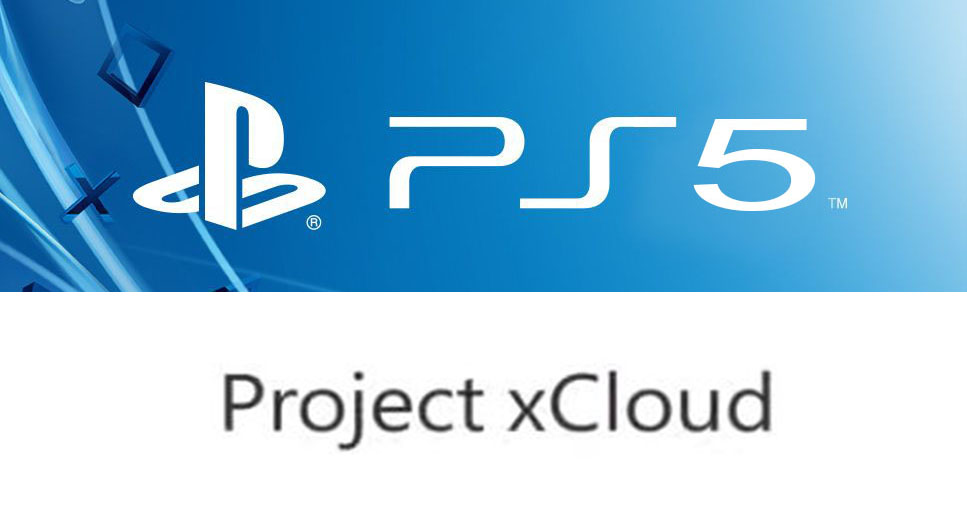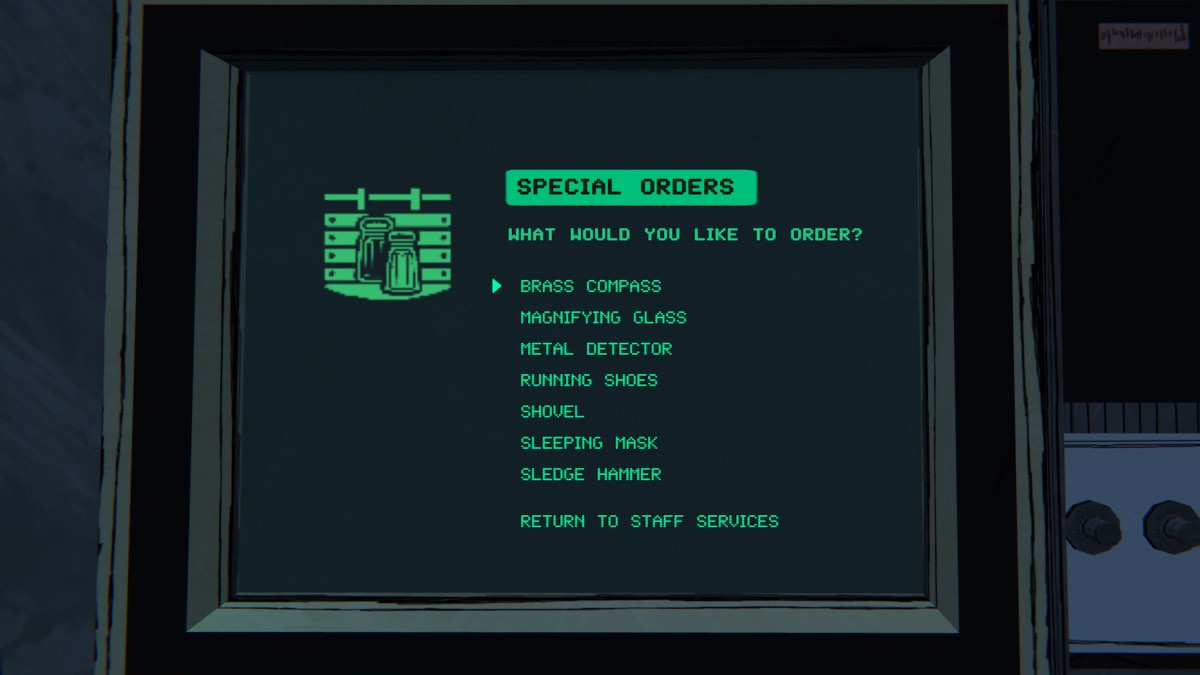During Take-Two’s financial conference call, executives of the publisher behind Red Dead Redemption 2 discussed recent industry trends, including new platforms, streaming, and subscriptions.
Take-Two President Karl Slatoff talked about Take-two’s excitement for the upcoming new generation, streaming, and more.
“This is an incredibly exciting time for our company and the industry. The promise of new technology, more powerful platforms, and emerging distribution and business models such as streaming and subscription services all have the potential to enhance our growth rate and provide incremental margin opportunities.
We remain highly enthusiastic about our future and believe that with our industry-leading creative assets and commitment to innovation, we’re well-position to capitalize on the many positive trends in our industry, and to provide value to our customers.”
Later in the call, Take-Two CEO Strauss Zelnick provided more color on streaming and subscriptions, after mentioning that they’re very different animals as streaming is a technology and subscription is a business model.
“We could have a subscription model right now. We could do it with physical disks, after all that’s how Nextflix started. There is nothing magical about new technology with regards to a subscription business model.
Will that business model develop? It will develop if it’s really good for consumers, and it’s really good for people who create products. It has to be good for both.
Zelnick mentioned that users usually consume fewer video games than they do television, and the biggest difference is that with linear media you usually don’t watch the same thing twice, while you can play one game or two or three for a whole month or more.
“So you have to ask yourself whether a subscription model really applies to a video game consumer versus the possibility of engaging with a free to play title and paying as you go, or engaging for a title for which you pay.”
[…]
“So jury is out on subscription model, but I would observe our strategy is to be where the consumer is. So if subscription models o make sense, it could be an opportunity for us, but they need to make sense for everyone involved.”
Zelnick then moved on to talk about streaming technology. Even here the approach from the industry giant appears to be pretty much an optimistic “wait and see.”
“Streaming technology should be an opportunity to bring interactive entertainment with virtually no friction to all devices in the world.
Are there barriers to that? Yes. There are enormous technical barriers because you have to do that with low latency in a multiplayer environment.”
[…]
“Is that doable? Technically, I believe it will become doable. Currently it is not doable.
How many companies can actually delver such an experience? Well, you need to have hyperscale datacenters all around the world.
Who has that? Google has that. Facebook has that. Amazon has that. Microsoft has that. Very few other people have it or are going to have it. That gives you a sense on who can be a player on streaming.
What will a streaming model look like? Remains to be seen. My guess is it’ll look a lot like providing internet access over cable. Everyone here is a cable customer is you have internet access at home.
I believe ultimately if you want to have streamed video games, you’re gonna be a customer of someone who provides streaming, but in order to play streamed video games you’ll have to interact with us, and that business model has to appeal to us.
There are those who believe that by making our video games available to a broad audience, that we’ll automatically increase the size of our market accordingly.
I wish I could take that position. I’m not sure I can, but I would observe any time you broaden distribution, it’s a good thing for a provider of products. “
Zelnick was also asked to comment on the possibility of creating movies and TV shows based on the publisher’s intellectual properties.
“We have a terrific array of properties and I think you correctly pointed out that we have not exploited this in other media.
I think the issue is that you have to make something great in every medium in which you operate, and if you’re going to make motion pictures or television programs based on the IP, it has to be utterly phenomenal, and we have to have total creative control.
We’re not in those businesses. They have different economic constraints and opportunities.
What we have found so far is that licensing the IP to others with sufficient creative control and appropriate financial participation on our end is very challenging to do and it isn’t necessarily great use of our time.
We also do very very well in our core business, and it has behooved us to focus on our core business. It seems to be very difficult creatively to take intellectual properties driven by interactive entertainment and bring them to linear entertainment.
There aren’t so many examples of that thing done successfully, and that gives us pause as well.”
If you want to learn more about Take-Two’s financial performance, you can read our dedicated article from a few hours ago.













Updated: Feb 6, 2019 05:30 pm